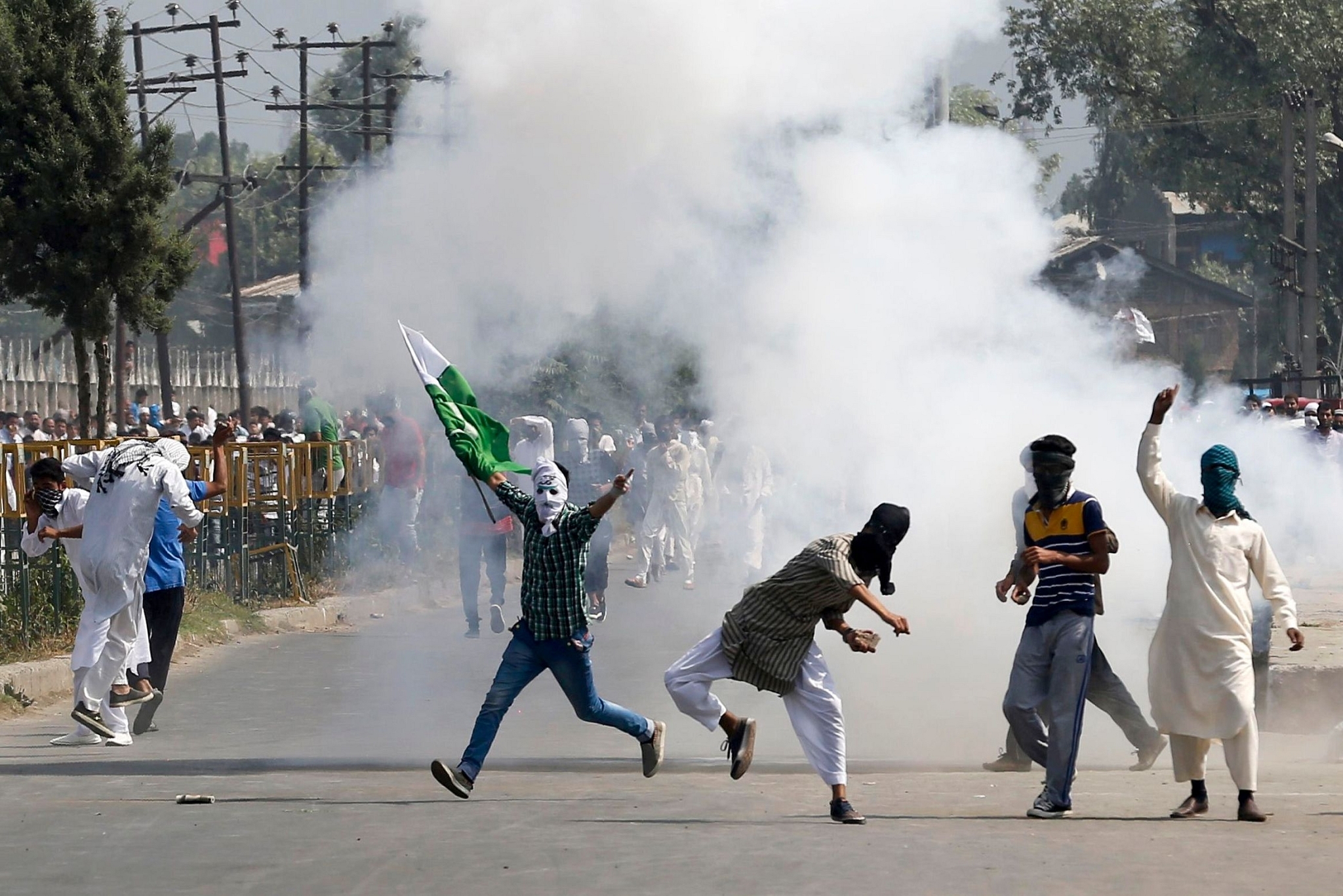Insta
J&K: Five-Year Ban On Jamaat-e-Islami For Operating Closely With Militants, Attempts To Escalate Secessionist Movement

Representative Image (Waseem Andrabi/Hindustan Times via Getty Images)
The Union Government on Thursday (28 February) banned the Jamaat-e-Islami Jammu and Kashmir for five years under the anti-terror law, reports India Today.
The Ministry of Home Affairs (MHA) issued a notification in this regard after a high-level meeting on Security, which was chaired by Prime Minister Narendra Modi.
According to the report, the organisation was banned under the Unlawful Activities (Prevention) Act on the grounds that it was “in close touch” with militant outfits and is expected to “escalate secessionist movement” in the state, said the notification. It also said that the organisation is supporting extremism and militancy in Jammu and Kashmir and elsewhere.
The notification added that Jamaat has benn indulging in activities intended to disrupt the territorial integrity of India.
The move by MHA comes days after the Jammu and Kashmir police had arrested 100 cadres of Jamaat from across the valley on 22 and 23 February. Among those arrested include chief of the group Abdul Hamid Fayaz and spokesperson advocate Zahid Ali.
The crackdown happened in the aftermath of the Pulwama terror attack, in which more than 40 CRPF personnel were martyred.
The group has been banned by the government for five years. It has to be ratified by a tribunal constituted by the Home Ministry.
Jamaat’s origin lies in the Islamic anti-Dogra movement in Kashmir. The group followed the ideology of Maulana Maududi, who opposed British rule but also Muslim League’s proposal for partition to create a separate Muslim state. Maududi was against composite nationalism, instead advocating an Islamic state covering whole of undivided India, converting it into a ‘Dar al-Islam’.
At the time of partition, Jamaat favoured the state to join Pakistan while most Kashmiris appeared to have rallied around Sheikh Abdullah. Jamaat has also had a conflict-ridden relationship with the Sufis in the state as former were seen associated with the global Wahhabis, considering latter’s several practices as ‘un-Islamic’.
Introducing ElectionsHQ + 50 Ground Reports Project
The 2024 elections might seem easy to guess, but there are some important questions that shouldn't be missed.
Do freebies still sway voters? Do people prioritise infrastructure when voting? How will Punjab vote?
The answers to these questions provide great insights into where we, as a country, are headed in the years to come.
Swarajya is starting a project with an aim to do 50 solid ground stories and a smart commentary service on WhatsApp, a one-of-a-kind. We'd love your support during this election season.
Click below to contribute.
Latest